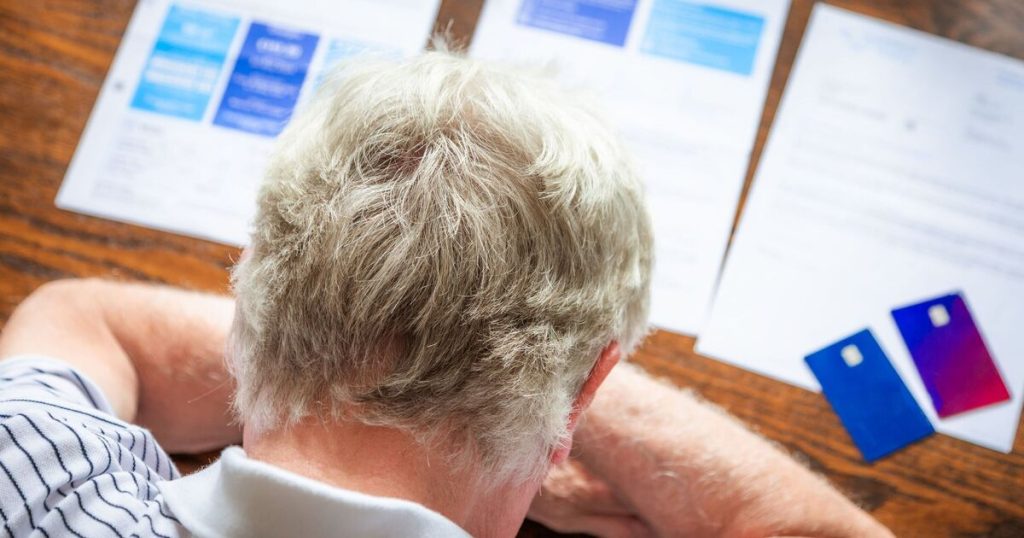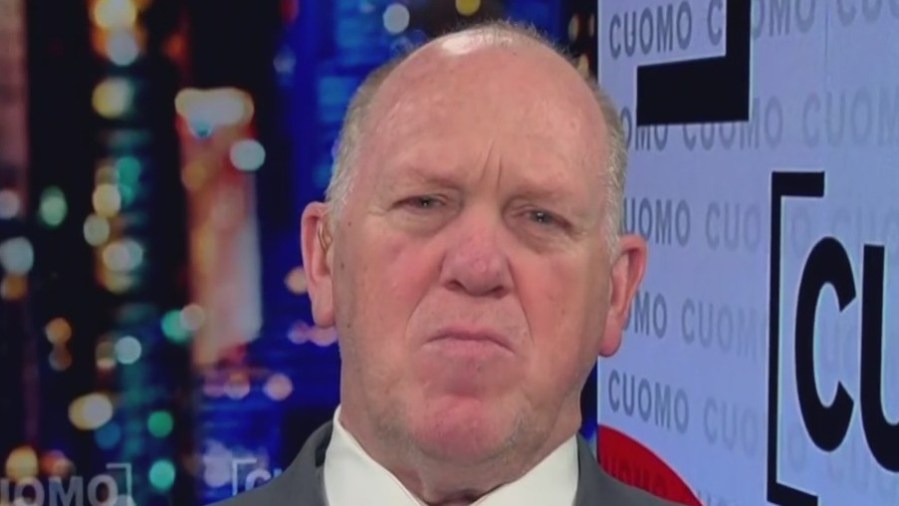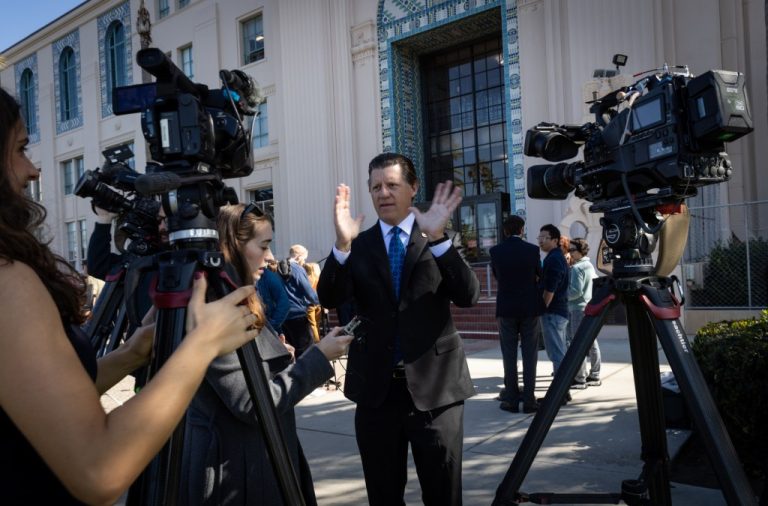
Millions of households have been hit with ‘unfair’ energy bill charges, amounting to an estimated £130 per home, a report says. It comes as the companies responsible for gas pipes and power lines made nearly £4 billion in ‘excess’ profits during the energy crisis, campaigners say.
A report by consumer watchdog Citizens Advice claimed that network operators made use of a regulatory loophole set by Ofgem, allowing them to overcharge consumers while avoiding the full impact of rising interest rates.
The watchdog calculated that these companies may have made up to £3.9bn more than necessary due to Ofgem overestimating their borrowing costs.
Similar failures by the water industry watchdog, Ofwat, have allegedly allowed water companies to pocket ‘excess’ profits at the expense of customers in the past, critics say.
Regulatory failures and record profits
They claim a flaw in Ofgem’s price control mechanism, which applies from 2021 to 2028, permitted regional energy network operators, including National Grid, UK Power Networks, and Scottish Power, to recover inflated costs from household bills.
Many of these companies had secured fixed-rate borrowing terms, insulating them from interest rate hikes, yet Ofgem’s outdated assumptions still allowed them to charge consumers excessively, it is claimed.
Dame Clare Moriarty, Chief Executive of Citizens Advice, criticised the situation, stating: “We now know that while households have struggled with sky-high energy bills, network companies have been making astronomical profits.”
Consumer debt soars amid energy crisis
The issue has exacerbated the cost-of-living crisis, with household energy bill arrears hitting a record £2.9bn in the third quarter of 2024, according to Ofgem data.
Meanwhile, analysts have warned that the energy price cap is expected to rise by 5% in April due to increasing wholesale energy costs, prolonging financial hardship for millions.
Simon Francis, coordinator of the End Fuel Poverty Coalition, condemned the current system, arguing: “We have been warning Ofgem about the charges we pay to these firms and the profits they make for well over a year now. But these firms have a virtual monopoly over vital grid infrastructure and have consumers over a barrel. That’s why it is so important for the regulator to do its job.”
The ‘excess’ profits have allegedly benefited large corporate entities, many of which are reportedly owned by foreign investors. The End Fuel Poverty Coalition said they are based in countries including Australia, Canada, China, Germany, Hong Kong, Qatar, and the USA.
Calls for reform and consumer relief
Citizens Advice and campaigners are now demanding that network operators redistribute their windfall gains to support struggling households through targeted debt relief and energy bill assistance.
Ofgem has defended its regulatory framework, stating that the issue would “amount to a few pounds a year on consumer bills.”
An Ofgem spokesperson told the Guardian: “After a wide and public consultation we decided to adjust our price controls going forward so that such inflation shocks do not lead to any excessive financial overperformance.
“We have also made clear that network companies can and should use the temporary effect of higher inflation to strengthen their balance sheets to benefit consumers and support those who need it most.”
However, it has acknowledged the shortcomings in its current price control system and announced adjustments to its methodology for the next regulatory period starting in 2028.
A spokesperson for the Energy Networks Association, representing the industry, dismissed the Citizens Advice report as “overly simplistic,” arguing that it failed to account for the long-term investment needs of the sector.
“Electricity networks are bringing in private investment of more than £100bn between 2021 and 2031, investing in our grid to promote economic growth,” they stated.
Despite industry pushback, pressure is mounting on energy firms to take immediate action. With household energy debt at an all-time high and millions still struggling with expensive bills, campaigners insist that companies must prioritise consumers over profits.
Future Energy Networks told the FT: “As regulated businesses, GB’s network operators’ returns are consistent with a methodology set by Ofgem. The returns set by the regulator allow operators to mobilise billions of pounds in expenditure and investment into GB’s energy infrastructure.”






